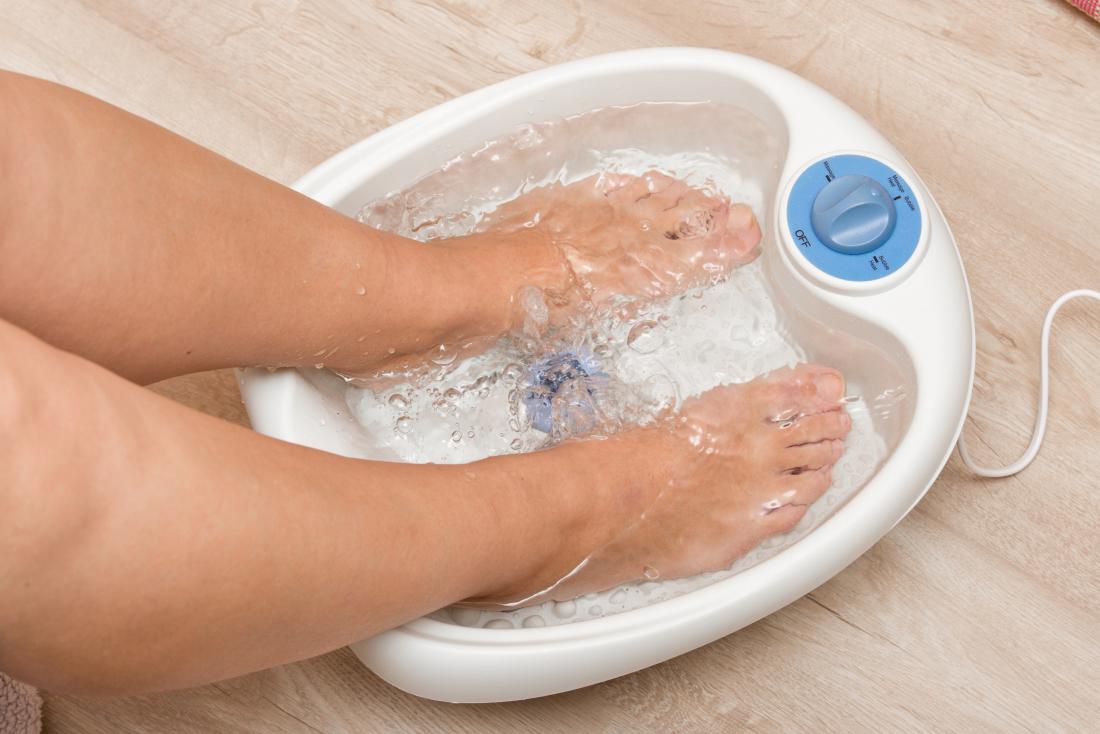Effective Dermatology Solutions for Excessive Sweating: How to Stop Sweaty Hands and Feet
Effective Dermatology Solutions for Excessive Sweating: How to Stop Sweaty Hands and Feet
Blog Article
Comprehending the Root Reasons of Excessive Sweating and Its Influence On Day-to-day Live
While it is typically comprehended as a physical action to regulate body temperature level, the triggers for extreme sweating can differ widely amongst individuals, including not just physical elements yet emotional and likewise emotional elements. By delving right into the root triggers of hyperhidrosis and discovering its complex results, a deeper understanding of this prevalent issue can be gotten, losing light on the complexities that individuals grappling with extreme sweating browse on a day-to-day basis.
Physiology of Sweat Glands
The guideline of sweat production, an essential physical procedure, is mostly regulated by the activity of gland distributed across the body. Gland are classified into 2 main kinds: eccrine and apocrine glands. Eccrine glands are the most many and are found in virtually all areas of the body. They play an essential function in thermoregulation by secreting a watery liquid onto the skin's surface area, which aids and evaporates cool the body down. On the other hand, apocrine glands are focused in areas rich in hair follicles, such as the underarms and groin, and their secretions are thicker and milky in look.
When the body temperature rises, either due to physical activity, heats, or psychological tension, the nerves causes the gland to generate sweat. This sweat is made up mainly of water and electrolytes like salt and chloride. The process of sweat manufacturing is essential for maintaining the body's inner temperature within a narrow, optimal array, highlighting the crucial role gland play in human physiology.
Triggers for Excessive Sweating
In understanding the origin of excessive sweating, it is crucial to determine the triggers that can result in this physiological reaction. Too much sweating, also known as hyperhidrosis, can be prompted by numerous elements, both physical and environmental. One usual trigger is emotional stress and anxiety or anxiousness, which can promote the body's gland to generate more sweat than is required for cooling. Physical exertion, heats, and spicy foods are likewise recognized to activate too much sweating in individuals prone to this problem. Certain medical problems like menopause, diabetes mellitus, or hyperthyroidism can contribute to extreme sweating as well.
Furthermore, medications such as some antidepressants, opioids, and particular supplements can additionally act as triggers for hyperhidrosis. Recognizing these triggers is necessary in handling extreme sweating successfully - Exessive Sweating. By determining and attending to the details triggers that motivate too much sweating in a private, healthcare providers can develop tailored therapy plans to relieve this problem and boost the individual's lifestyle
Medical Conditions Associated
Related to extreme sweating are numerous clinical conditions that can exacerbate this physical action. One common condition is hyperhidrosis, a disorder identified by unusually raised sweating that goes beyond the body's thermoregulatory requirements. This can show up in focal locations like the palms, soles, underarms, or face, influencing an individual's quality of life due to social humiliation and discomfort.
Additionally, endocrine conditions such as hyperthyroidism, diabetic issues, and menopausal hot flashes can also lead to too much sweating. Hyperthyroidism triggers an overproduction of thyroid hormonal agents, increasing metabolism and setting off sweating.
Furthermore, infections like endocarditis, tuberculosis, and hiv have been connected with night sweats, an usual symptom understood to interrupt rest and influence general well-being. These medical problems highlight the varied array of underlying elements that can add to extreme sweating, requiring detailed analysis and management by medical care professionals.
Mental and psychological Variables

Effect On Social Communications
Excessive sweating can have profound impacts on a person's capacity to involve comfortably in social communications. The noticeable signs of sweat spots or wet patches on clothes can bring about embarrassment and self-consciousness, causing people to take out from social scenarios. This withdrawal can impact connections, limitation social tasks, and prevent personal and professional development.

Furthermore, the anxiousness and self-worth concerns coming from extreme sweating can affect communication and social abilities. People may have a hard time to concentrate on conversations, take part in group activities, or reveal themselves confidently. This can result in feelings of isolation and solitude, as social links end up being testing to maintain.
Final Thought

While go to these guys it is typically recognized as a physiological feedback to control body temperature level, the triggers for extreme sweating can vary commonly among individuals, incorporating not only physical variables yet additionally emotional and psychological aspects. By diving right into the root causes of hyperhidrosis and exploring its multifaceted impacts, a deeper understanding of this pervasive concern can be obtained, dropping light on the intricacies that individuals grappling with extreme sweating navigate on a daily basis.
Physical effort, high temperature levels, and spicy foods are likewise recognized to set off excessive sweating in individuals prone to this condition. By identifying and addressing the specific triggers that prompt extreme sweating in a private, healthcare suppliers can establish individualized treatment strategies to minimize this condition and improve the individual's top quality of life.
Excessive sweating can have extensive impacts on an individual's capacity to engage pleasantly in social interactions.
Report this page